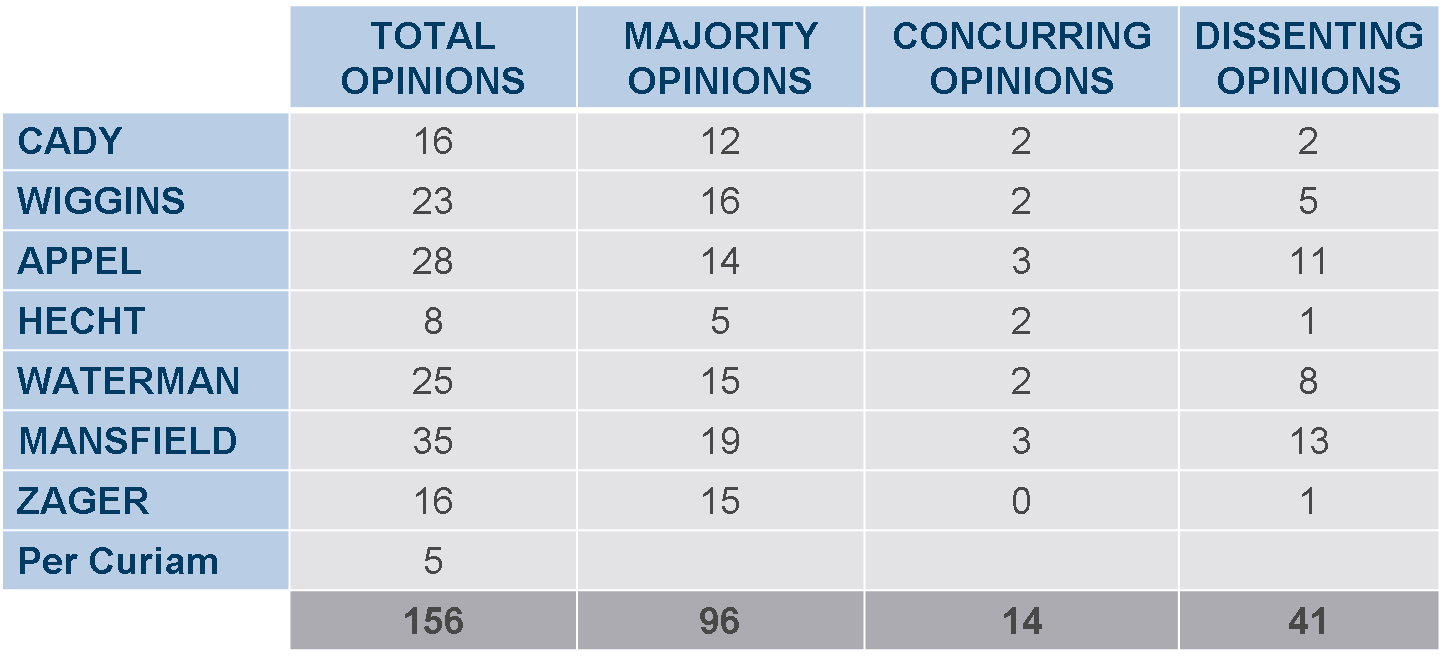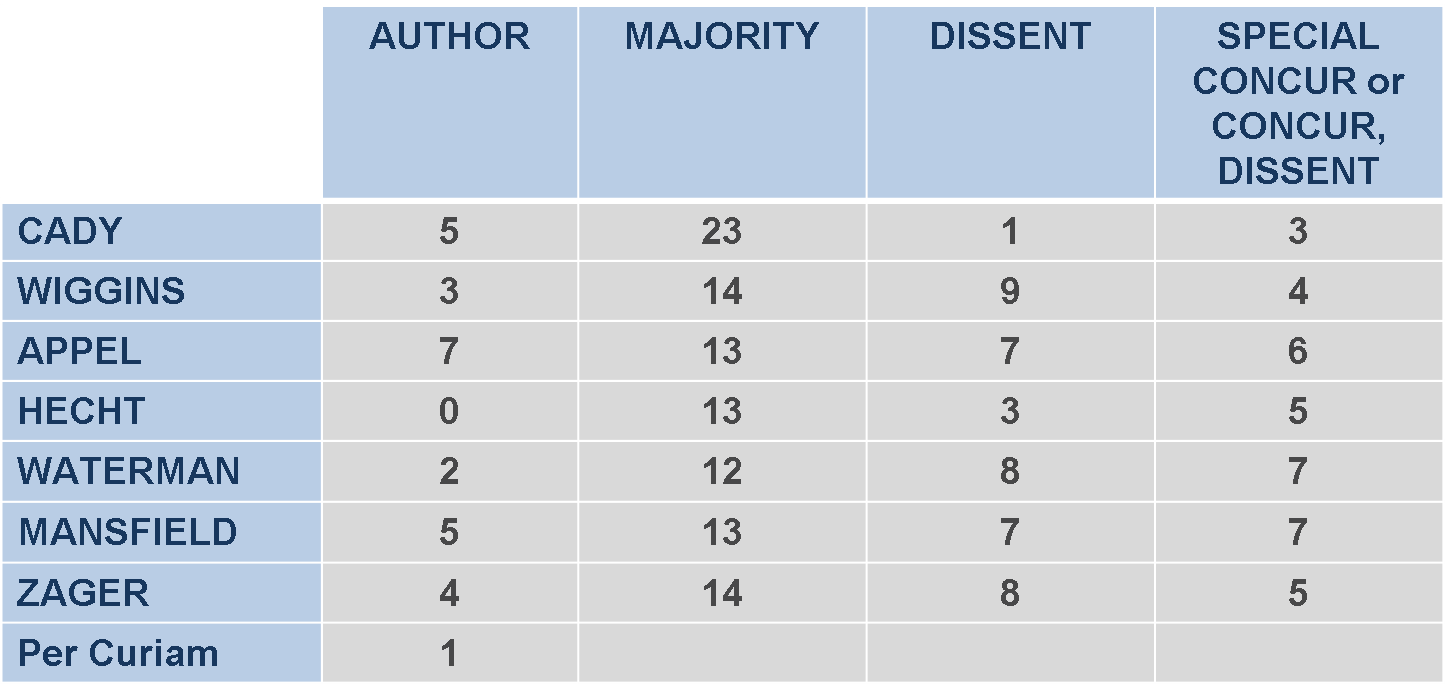UPDATES & ANALYSIS
FEATURED POSTS
Iowa Supreme Court sends question of State Auditor’s application of records law back to district court
The Iowa Supreme Court reversed in part a Polk County District Court ruling granting summary judgment in favor of State Auditor Rob Sand’s withholding release of communications related to the Auditor’s investigation of the governor’s office. The justices sent the case back to the trial court for further proceedings on …
Indecent exposure before two witnesses is two crimes, not one, Iowa Supreme Court holds
If two persons simultaneously witness another person masturbating in violation of Iowa’s indecent exposure statute, has that person committed two separate crimes or one crime under Iowa law?
According to the defendant who was convicted by a Story County jury on two counts of indecent exposure for exposing himself and m …
State worker failed to prove boss created a hostile work environment, Iowa Supreme Court holds
The Iowa Supreme Court remanded a $790,000 jury award for a state employee’s hostile-work environment claim to Polk County District Court for entry of a judgment notwithstanding the verdict, which erases the damage award. The Court held that the plaintiff failed to prove her hostile work environment claim based on what she herself experienced.
Iowa Supreme Court to hear arguments April 11 on constitutionality of Iowa’s fetal cardiac activity abortion statute
The Iowa Supreme Court will hear its final oral argument of the 2023-24 term Thursday. The Court saved the term’s most-watched case for last: an appeal addressing whether Iowa’s law banning abortion after about six weeks of pregnancy may be enforced.
The oral argument in Planned Parenthood of the Heartland, et al …
APPELLATE CALENDAR
EDITORIAL TEAM
ABOUT
On Brief: Iowa’s Appellate Blog is devoted to appellate litigation with a focus on the Iowa Supreme Court, the Iowa Court of Appeals, and the U.S. Court of Appeals for the Eighth Circuit.



